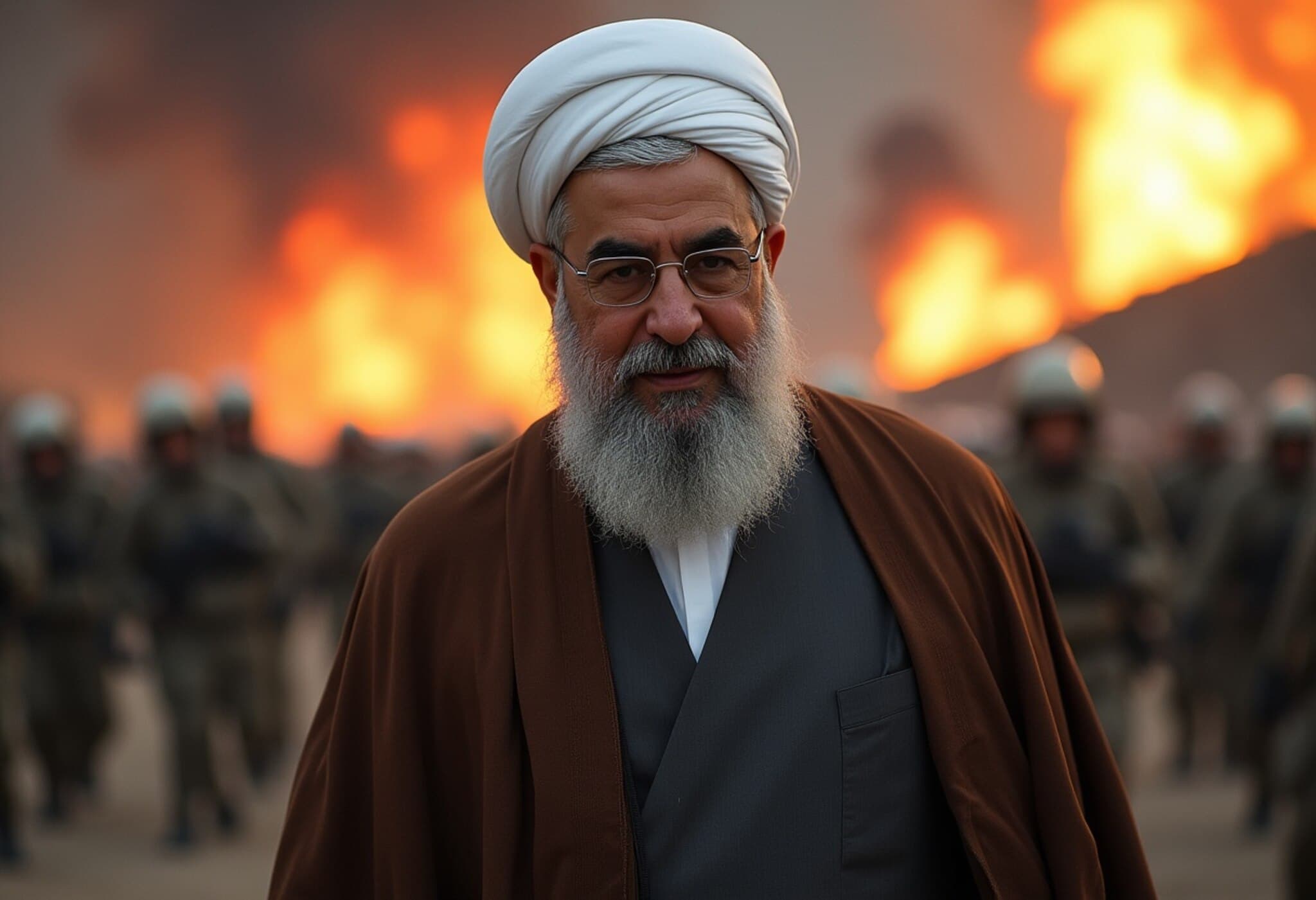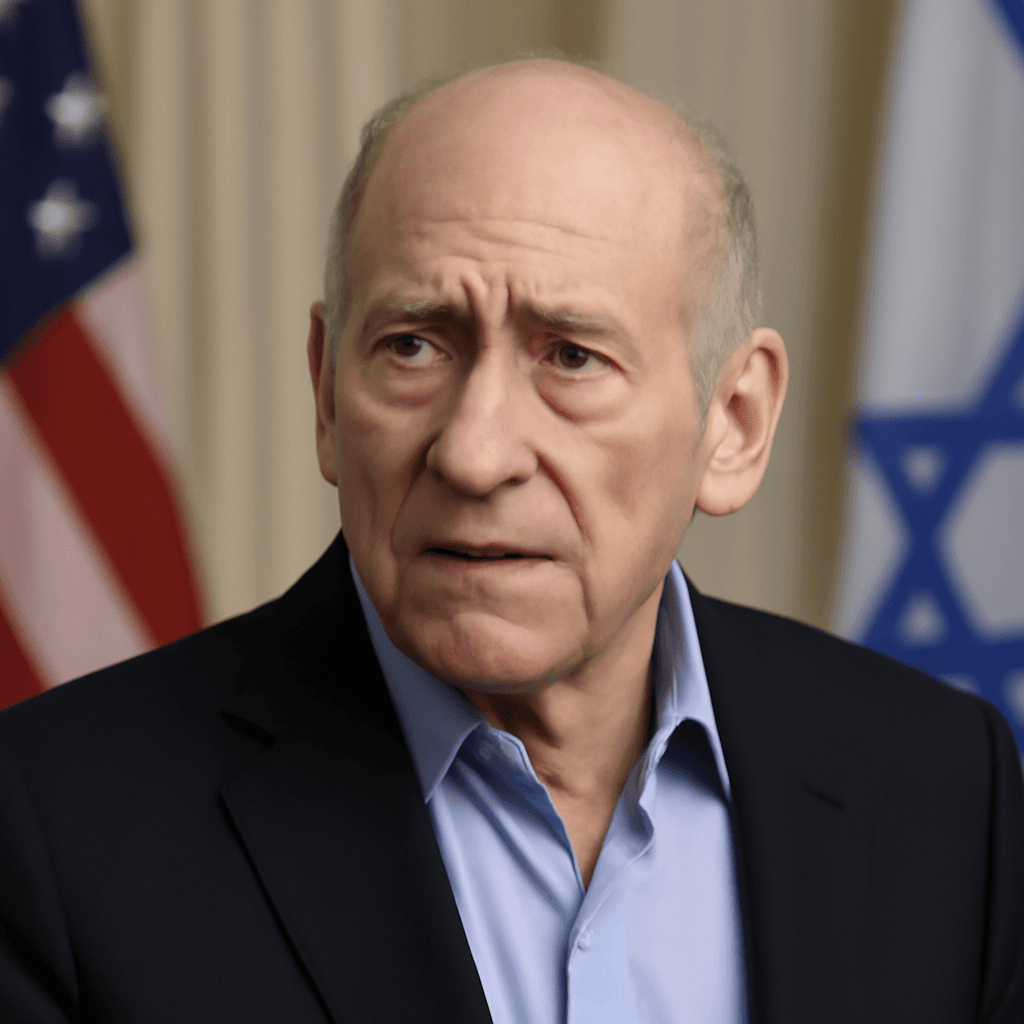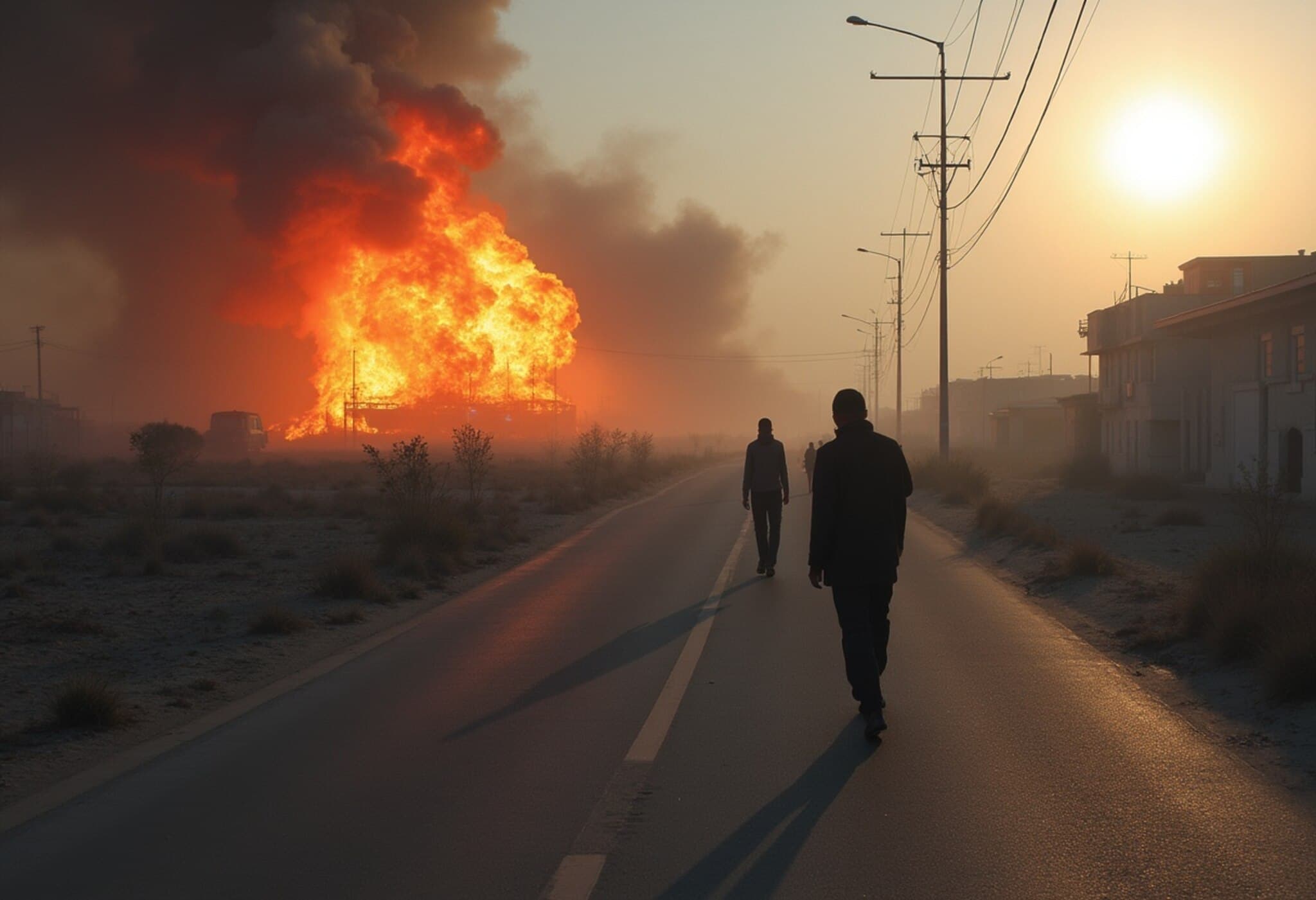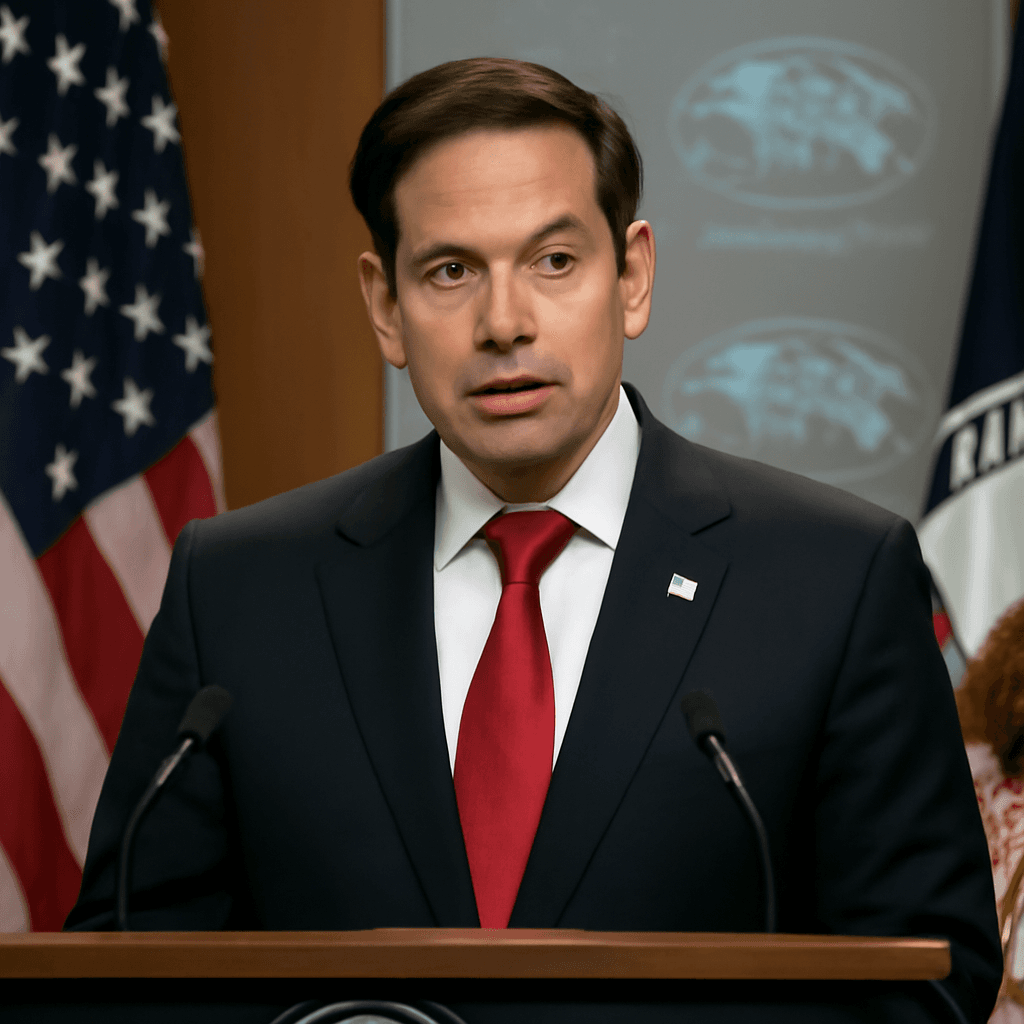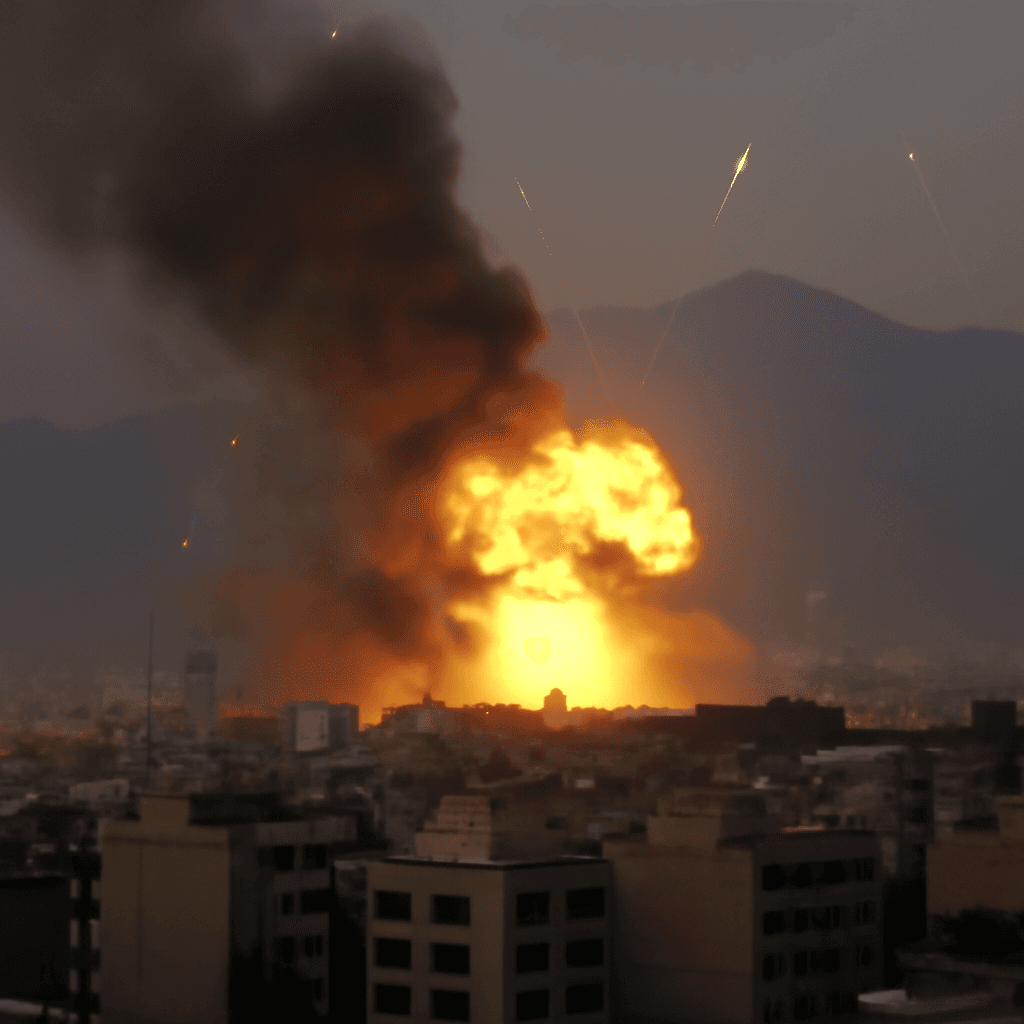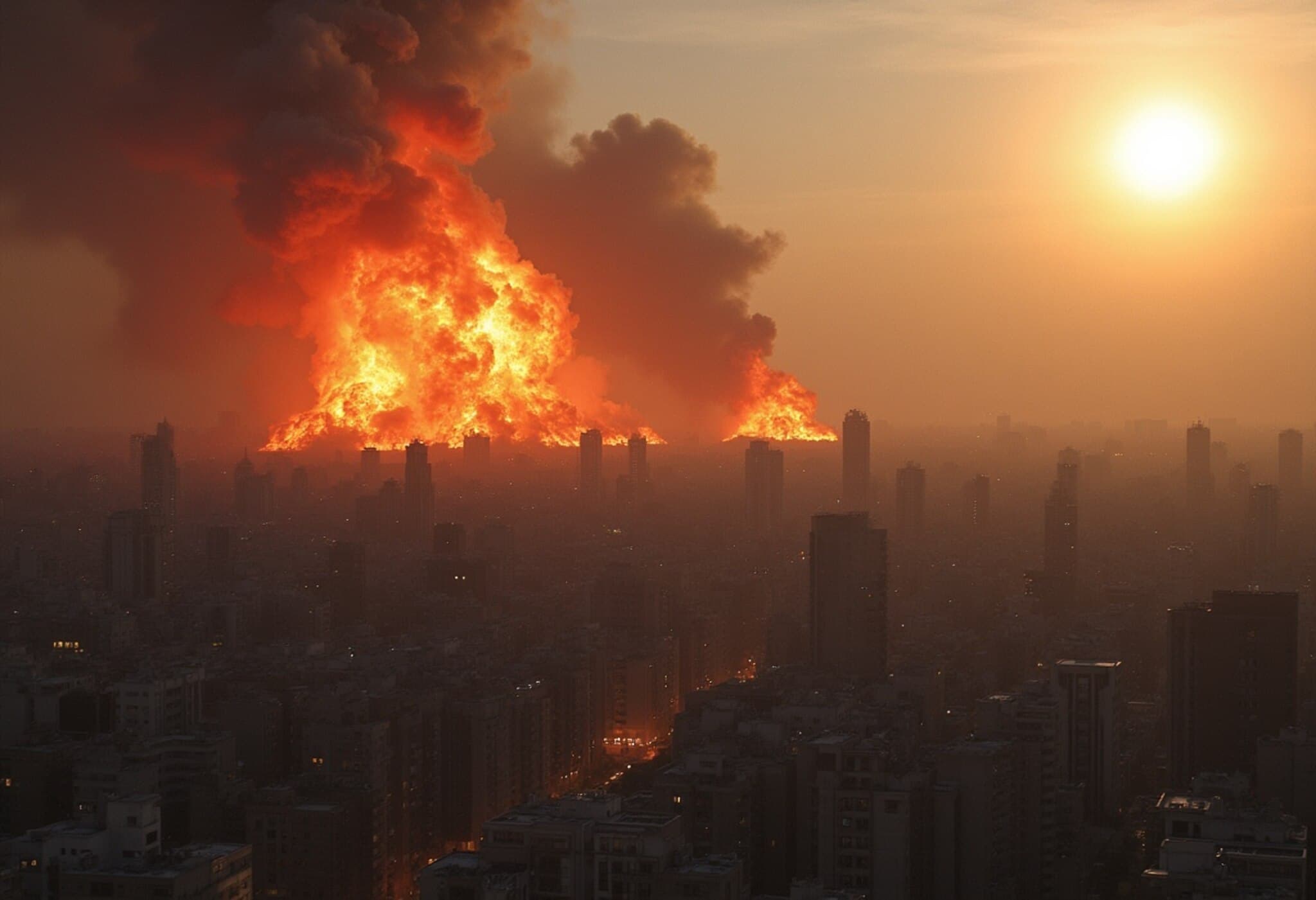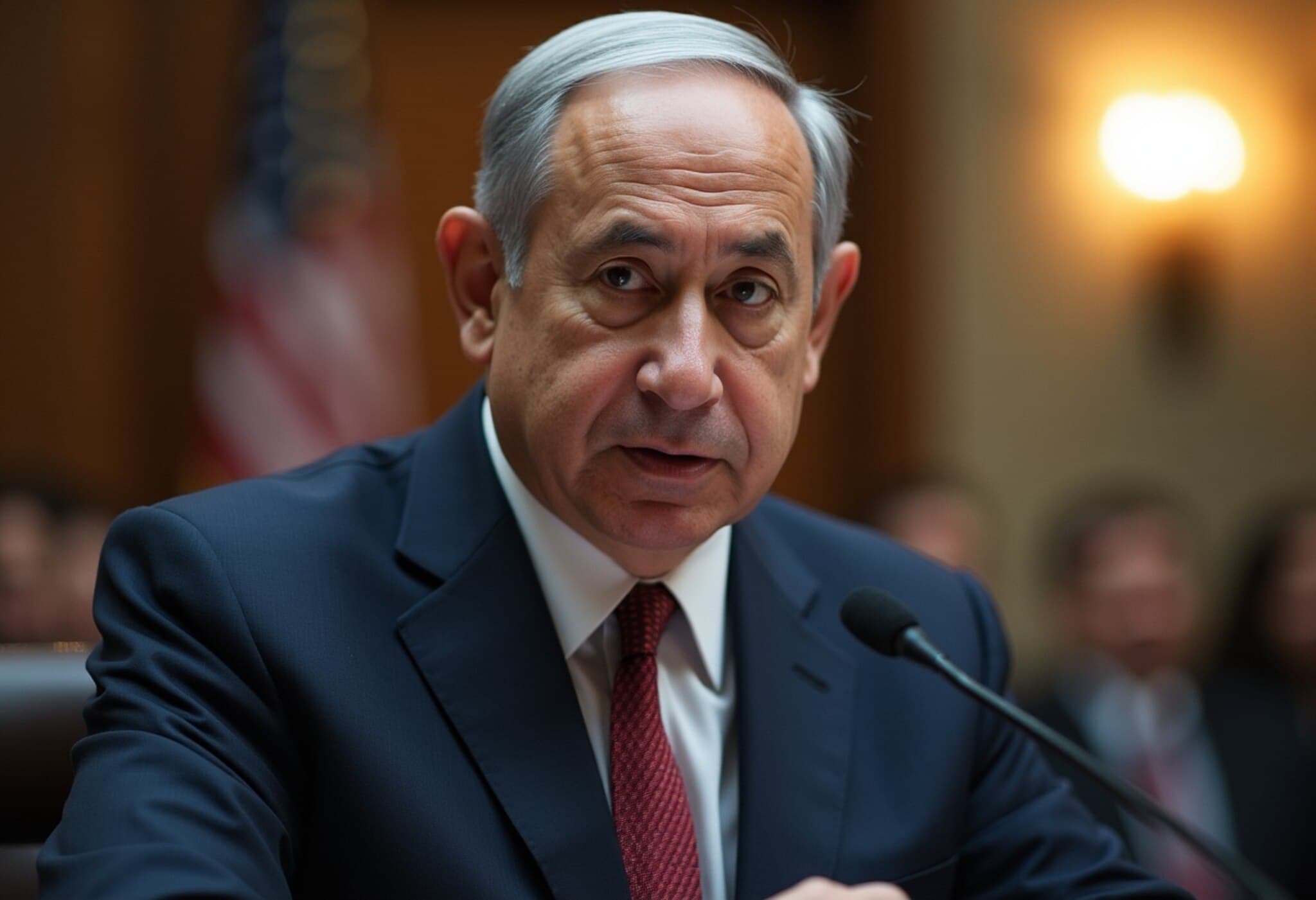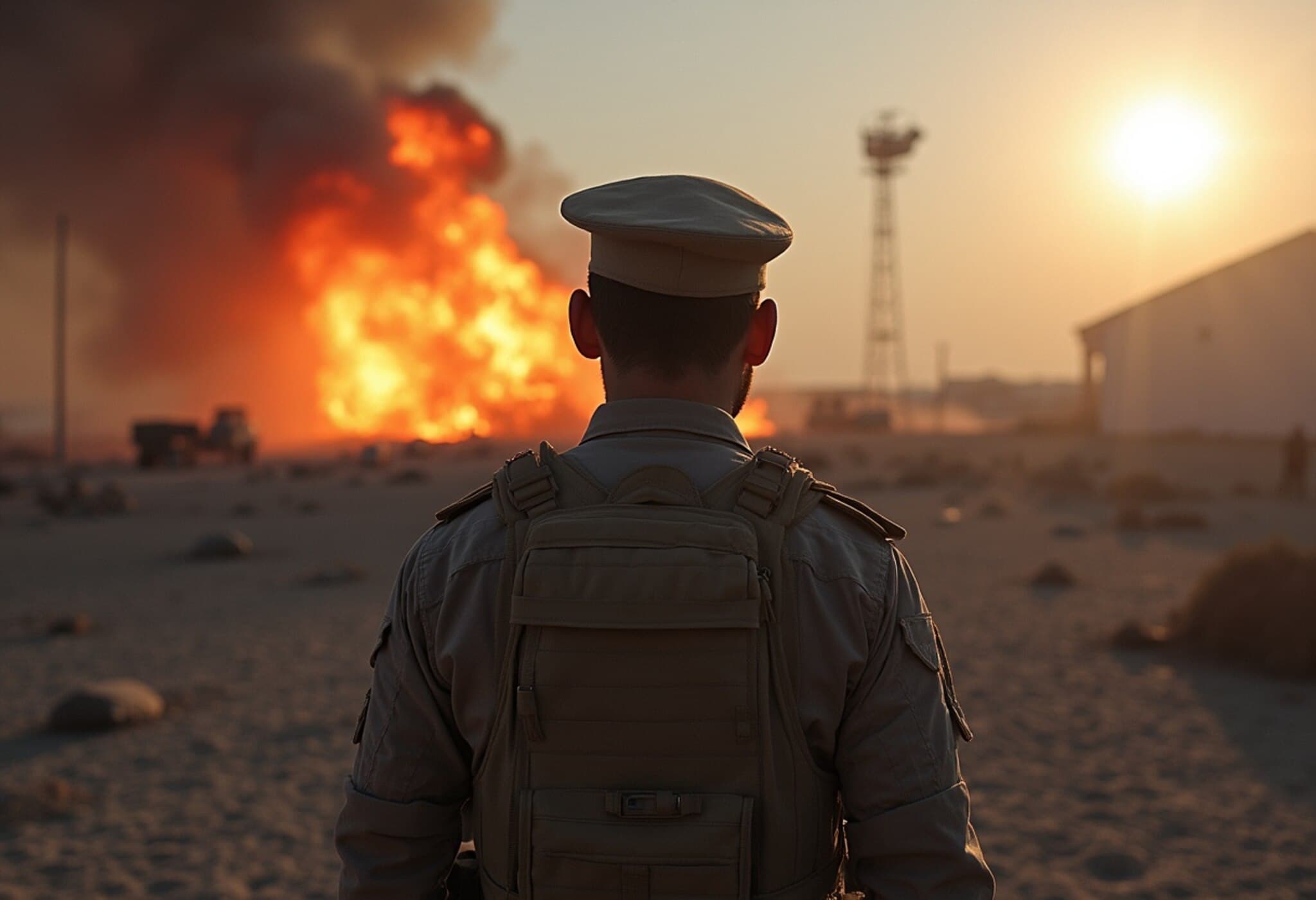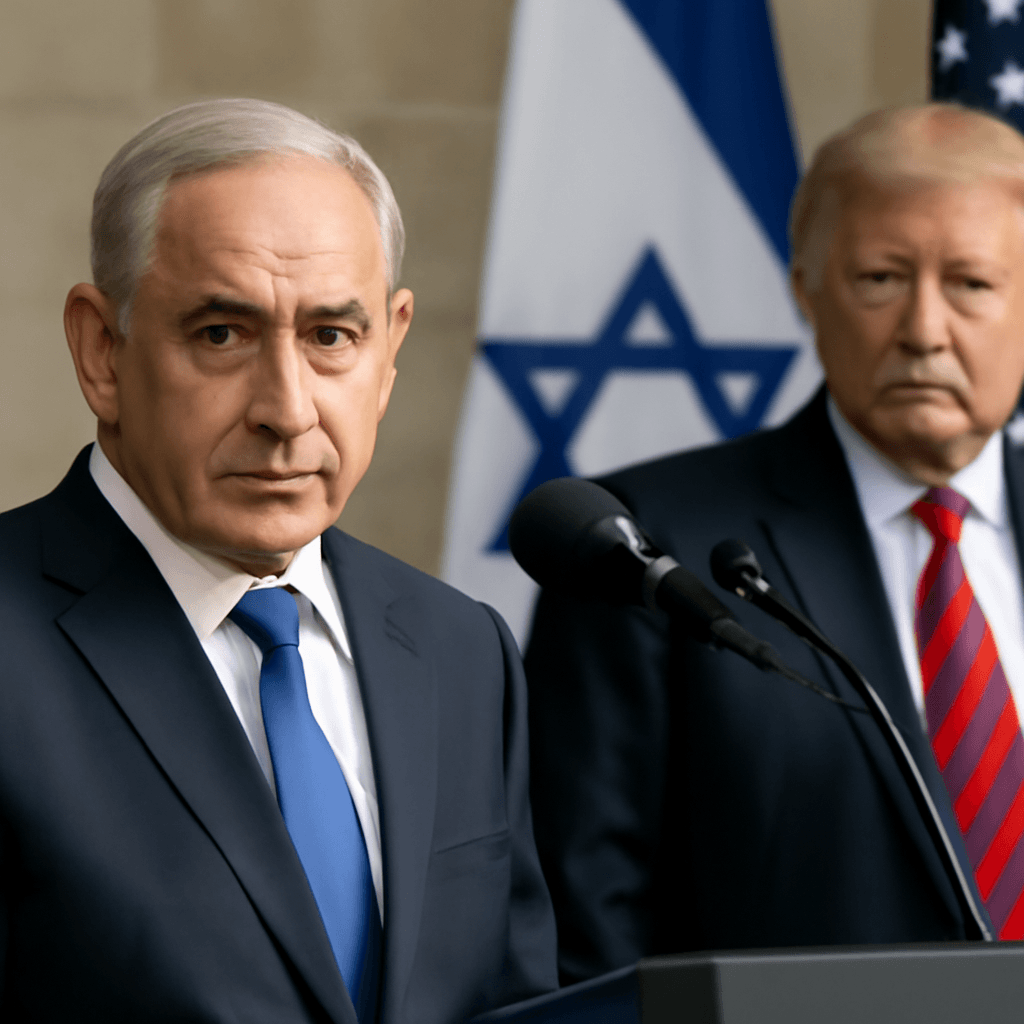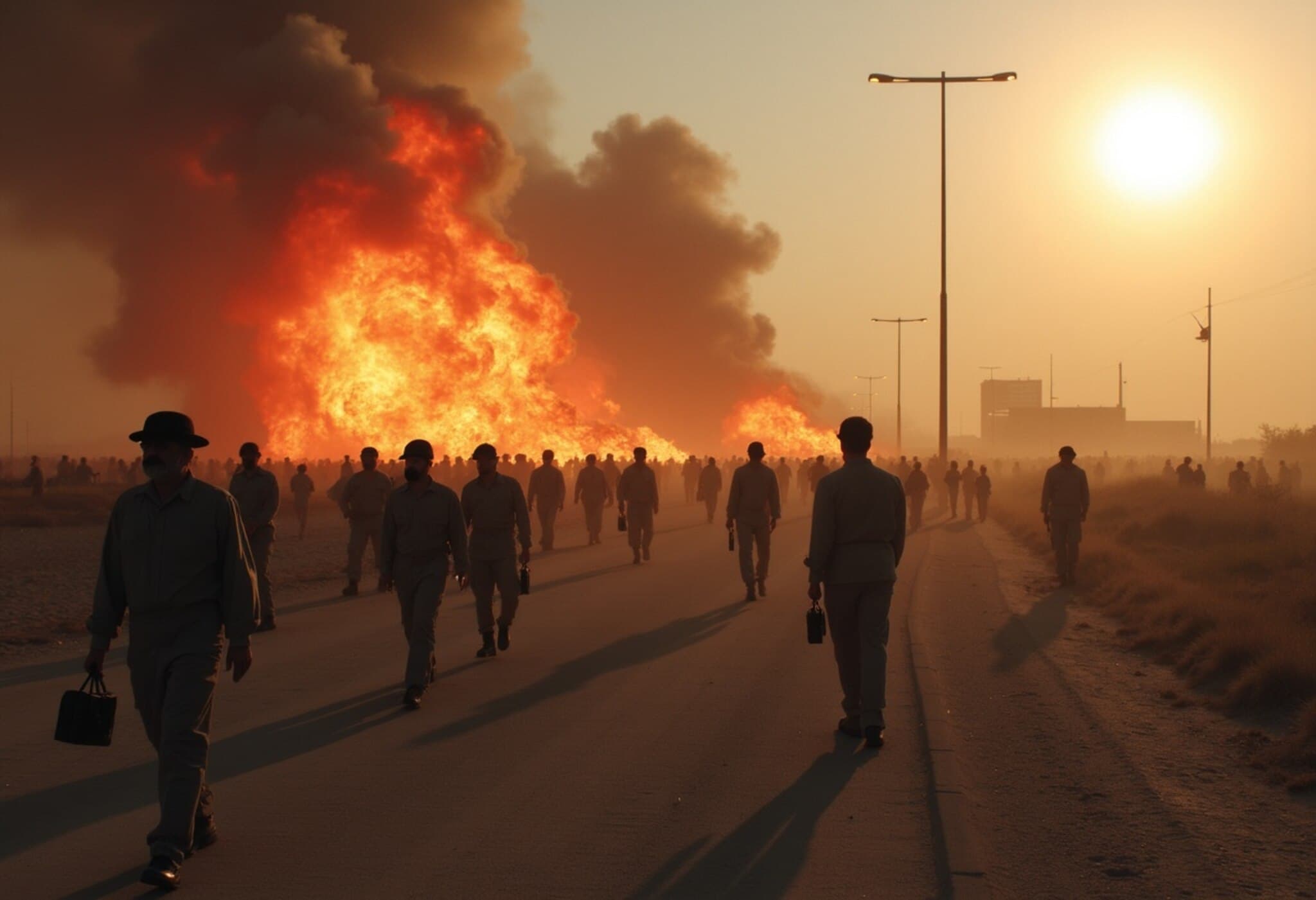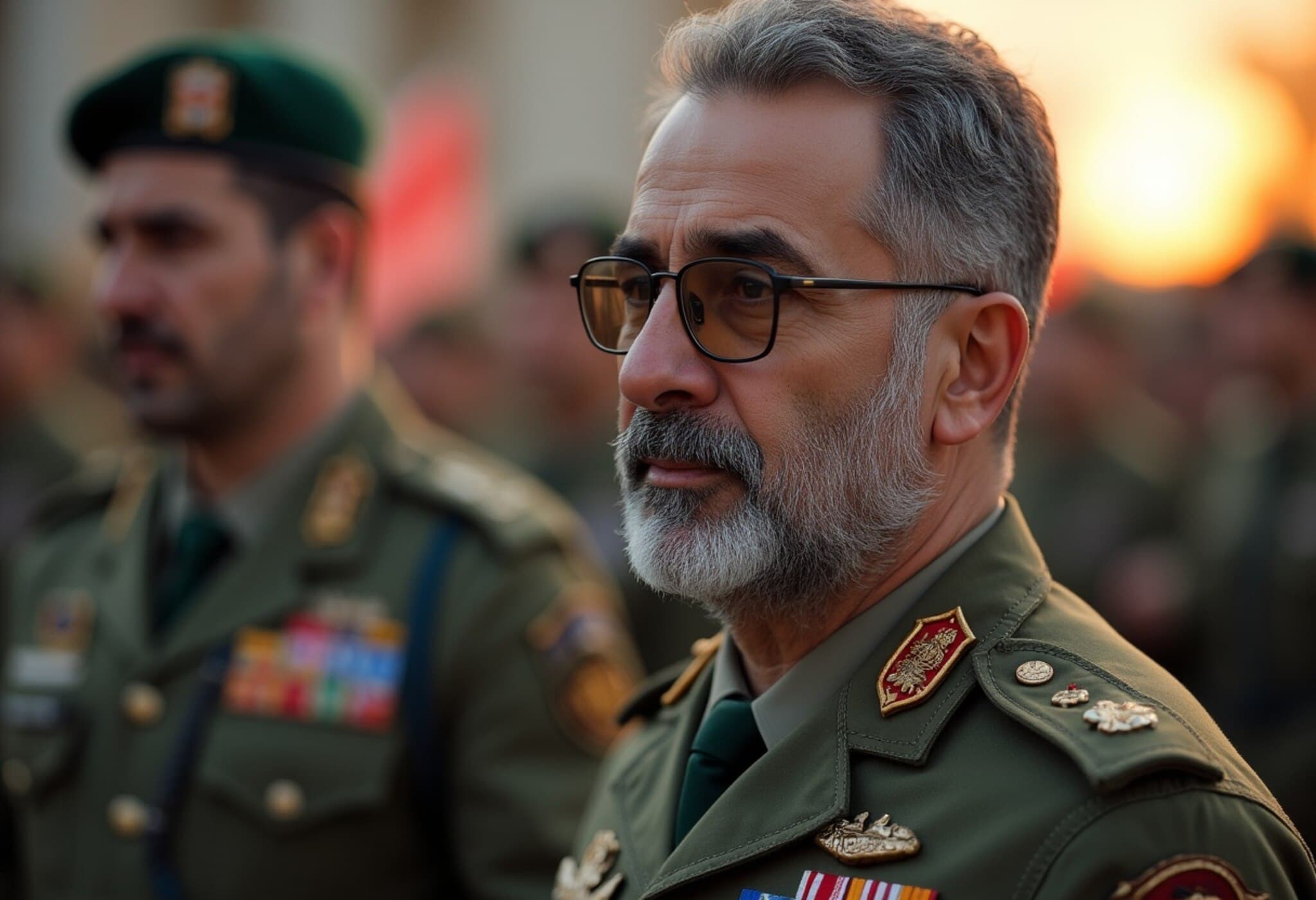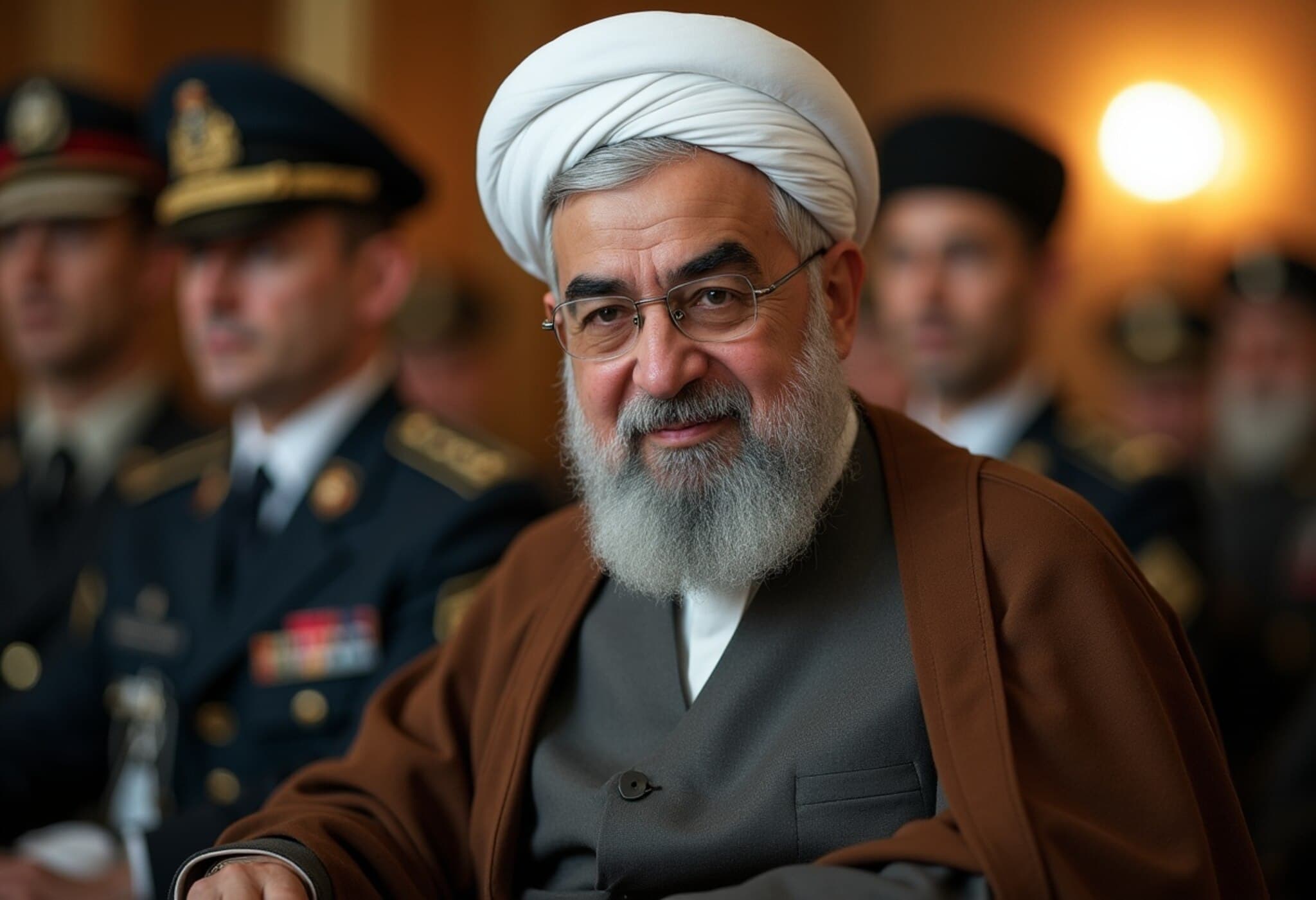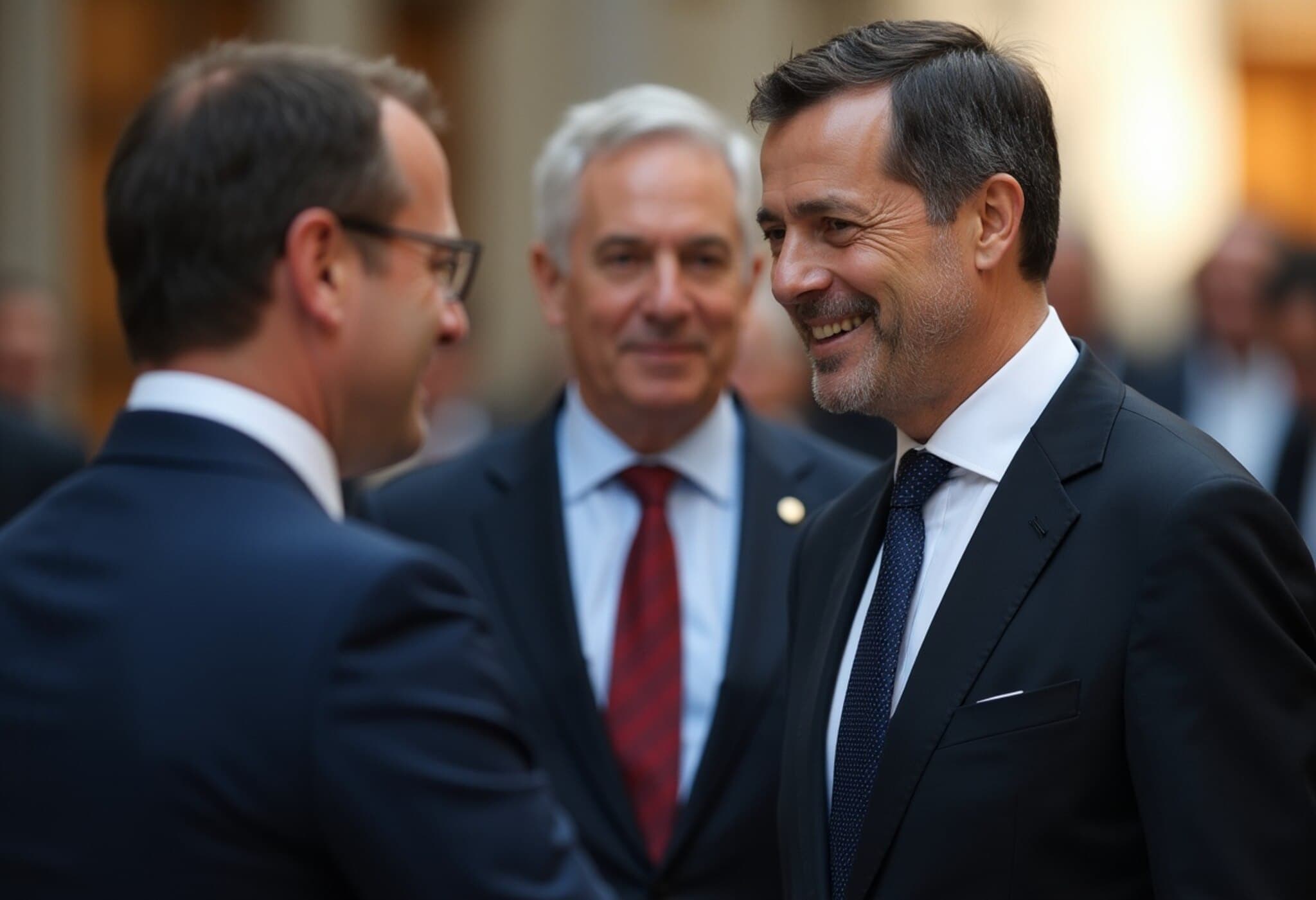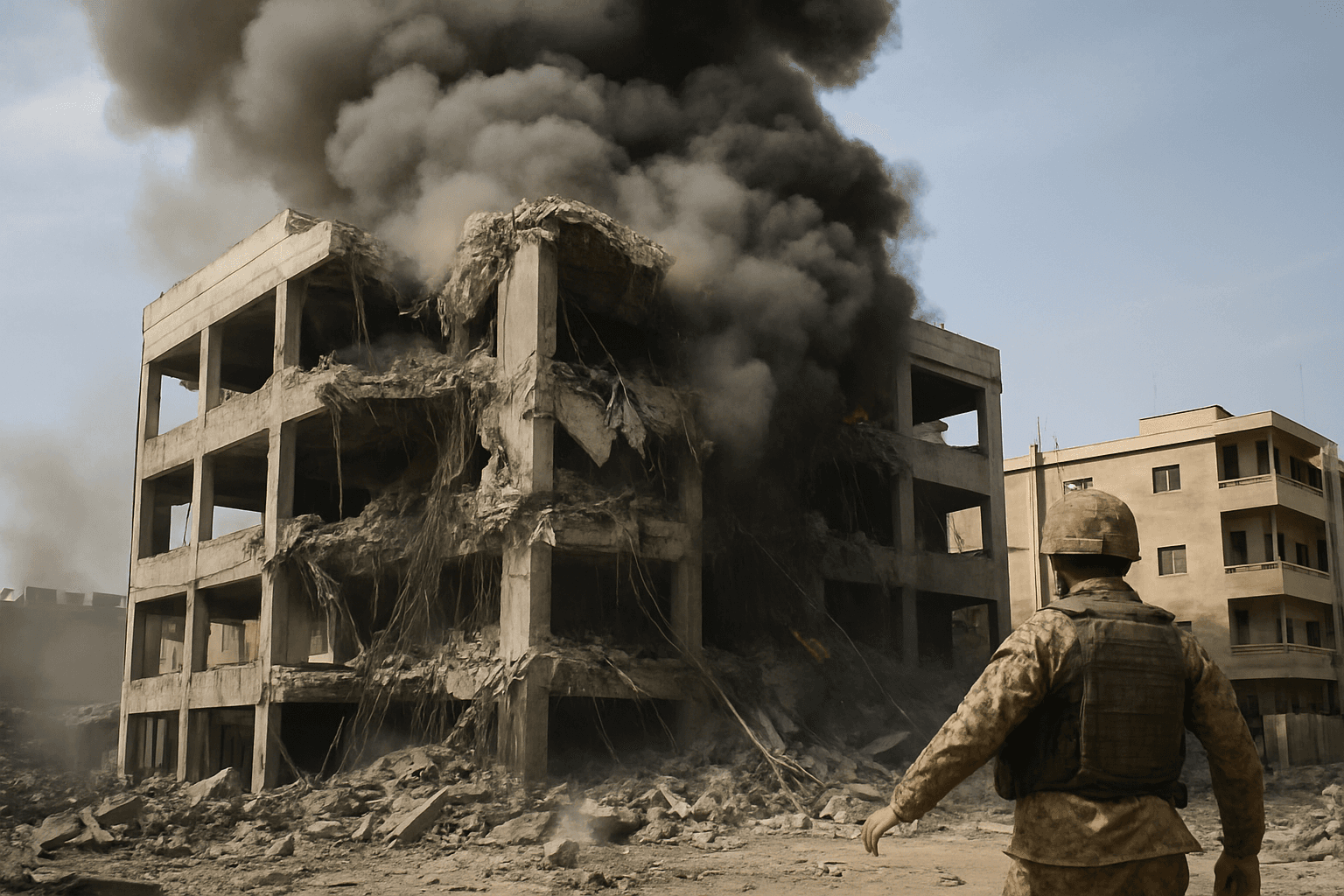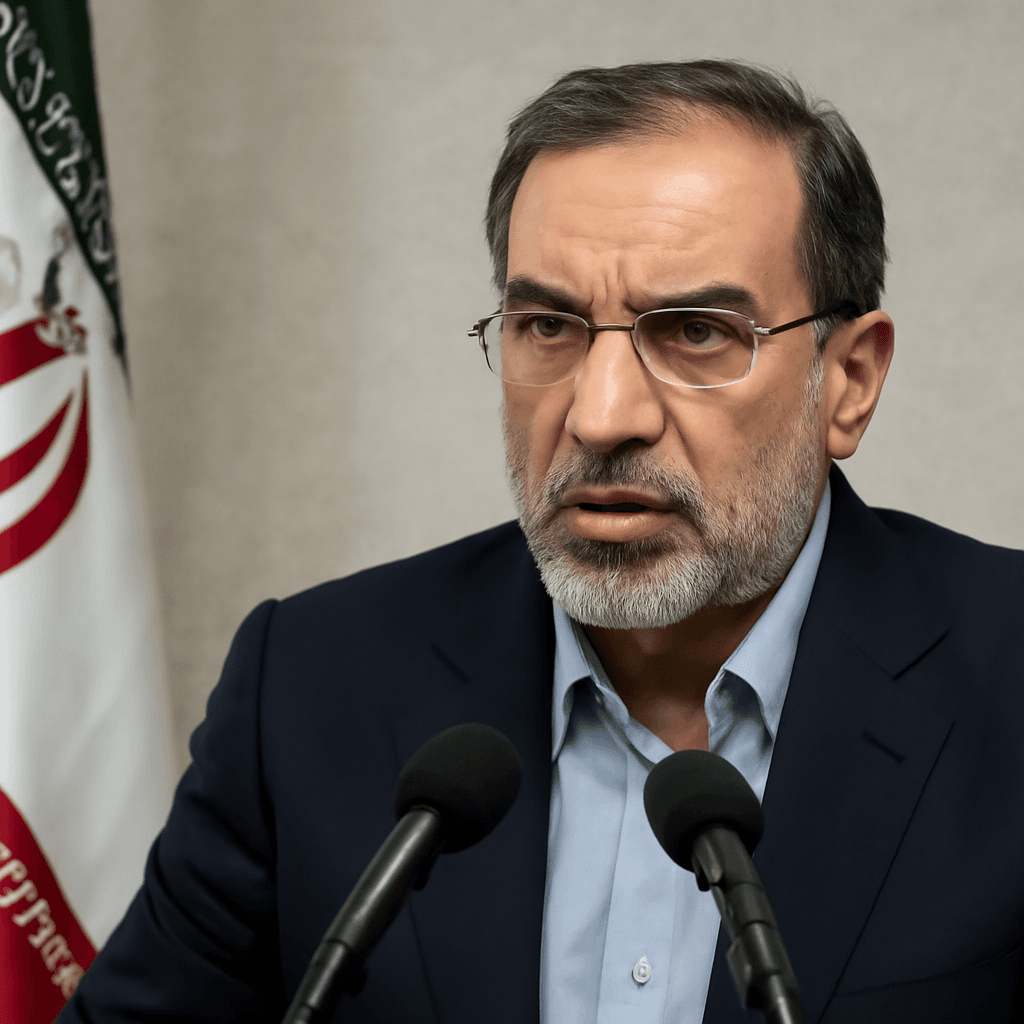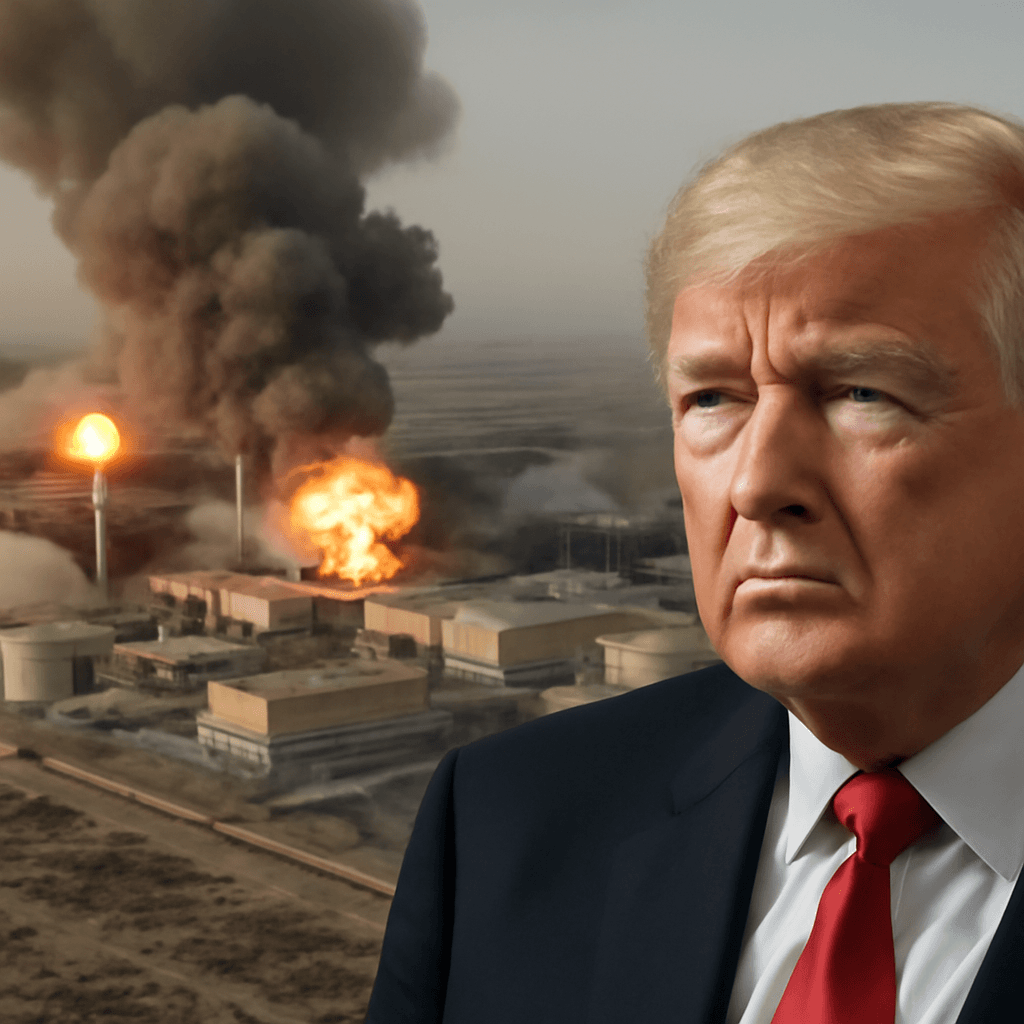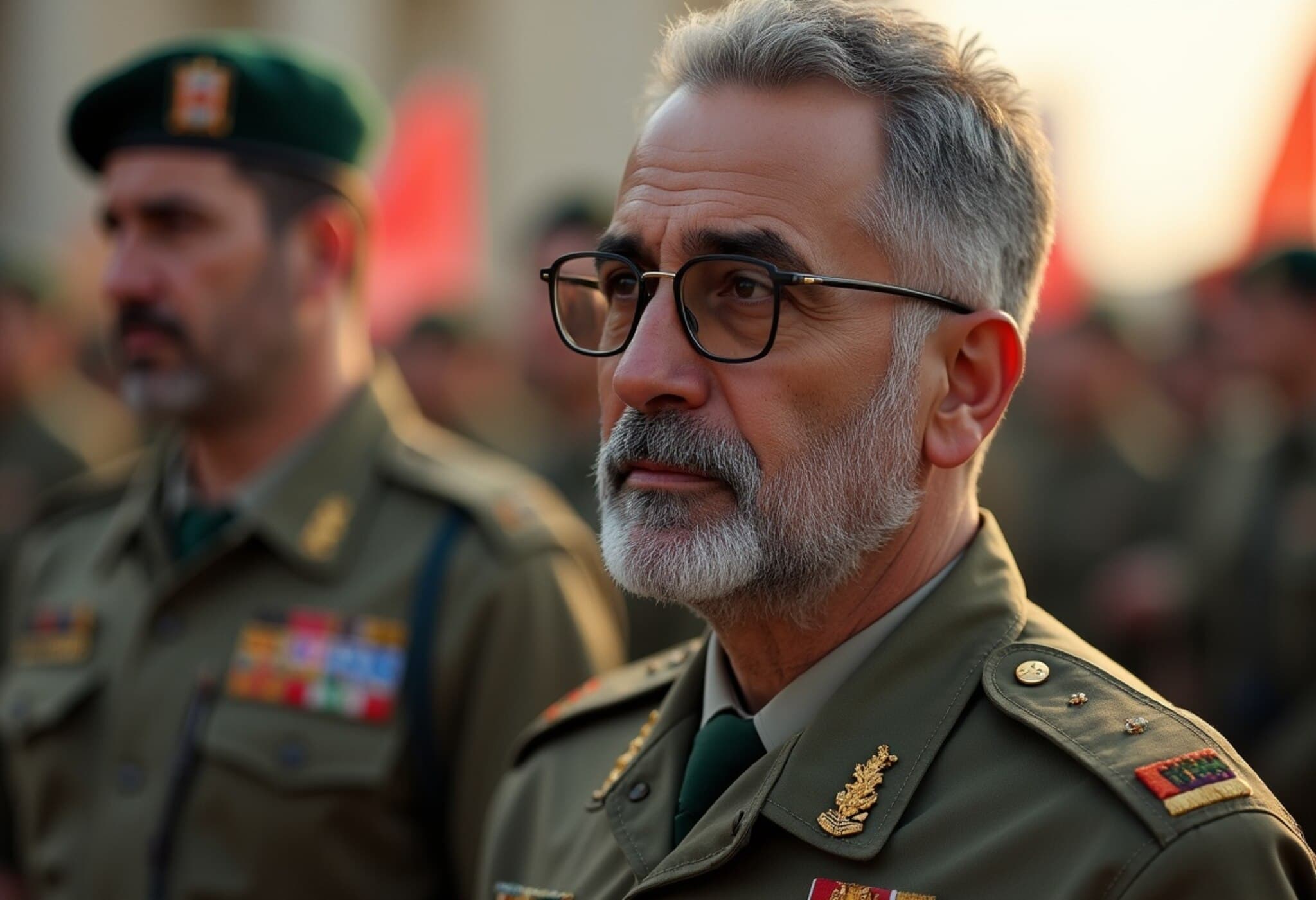Iran Signals Severe Retaliation Following Israeli Air Strikes
Iran has declared a firm and immediate response after a series of Israeli air strikes targeted several critical military and nuclear locations within its borders. The attacks resulted in the deaths of prominent Iranian military figures and top nuclear scientists, escalating tensions between the two nations dramatically.
Top Iranian Commanders Among Fatalities
Reports confirmed that Mohammad Bagheri, Iran’s armed forces chief of staff, and Gholam Ali Rashid, a senior Revolutionary Guards commander, were killed during the strikes. Additionally, nuclear scientists Mohammad Mehdi Tehranchi and Fereydoun Abbasi were targeted and lost their lives, intensifying the gravity of the incident.
Supreme Leader Khamenei’s Stark Warning
In response, Iran’s Supreme Leader, Ayatollah Ali Khamenei, issued a powerful statement condemning the attacks and promising dire consequences for Israel.
“With this act, the Zionist regime has signed its own bitter and painful fate,” Khamenei said. He accused Israel of exposing its malicious disposition by striking not only military facilities but also residential areas, warning that the regime would face severe punishment for its actions.
Iran Asserts Its Right to Retaliate
Tehran stressed its legal and legitimate right to respond, citing Article 51 of the United Nations Charter, which permits self-defense against armed attacks. The Iranian Foreign Ministry affirmed that Iran’s armed forces will defend the nation with full strength, responding decisively to Israel’s aggression.
Military Promises Strong Response
A spokesperson for the Iranian armed forces, Abolfazl Shekarchi, vowed that Israel would pay a heavy price. “The armed forces will certainly respond to this Zionist attack,” he stated, cautioning that Israel should expect a vigorous military retaliation.
The Islamic Revolutionary Guard Corps echoed this sentiment, declaring that the recent assassination of their chief, Hossein Salami, will trigger harsh and regrettable revenge.
Blame on the United States for the Attacks
Tehran also placed responsibility on the United States, asserting the attacks could not have occurred without US coordination and approval. Iran’s Foreign Ministry condemned Washington and held it accountable for the dangerous fallout stemming from Israel’s actions.
Regional Implications and Heightened Tensions
This series of strikes and the subsequent vows of retaliation mark a significant escalation in the already volatile relations between Iran and Israel. The targeting of nuclear scientists alongside military leaders indicates a strategic attempt to undermine Iran’s nuclear ambitions.
As both sides prepare for a possible exchange of forceful reprisals, the broader Middle East faces increased uncertainty over regional stability and security.

